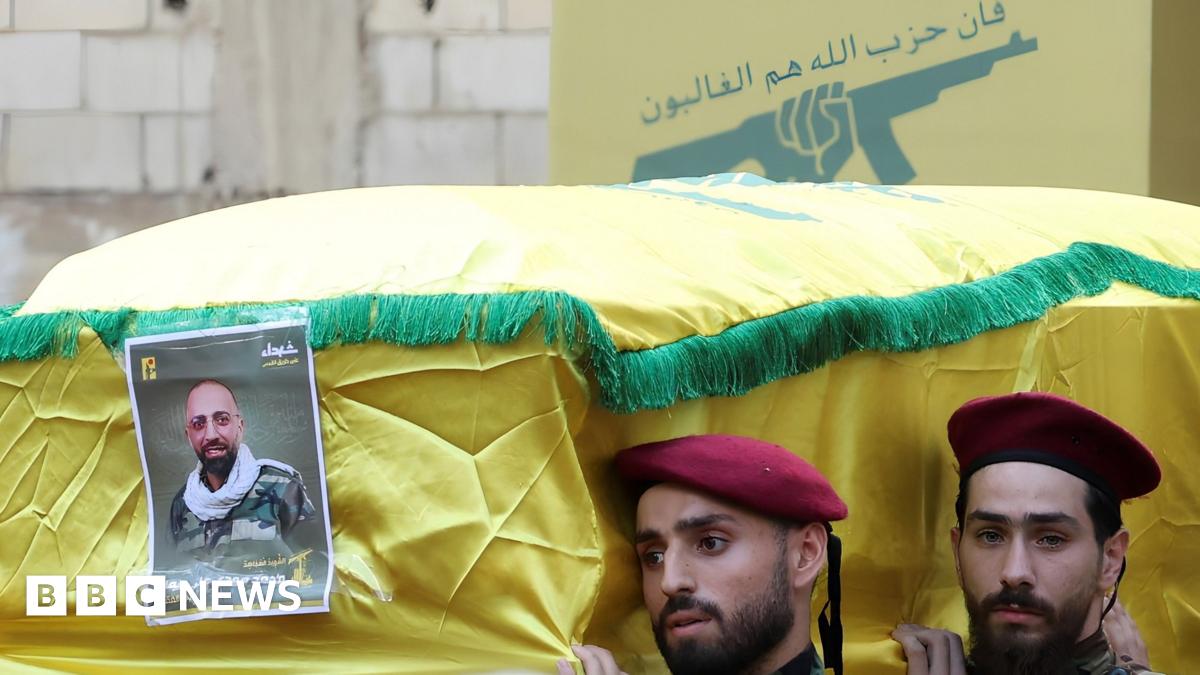He said Hezbollah had unwittingly bought over 16,000 walkie-talkies at “a good price” from a fake company 10 years ago.
“We have an incredible array of possibilities of creating foreign companies that have no way being traced back to Israel,” Michael said. “Shell companies over shell companies to affect the supply chain to our favour.
“We create a pretend world. We are a global production company. We write the screenplay, we’re the directors, we’re the producers, we’re the main actors, and the world is our stage.”
The operation expanded two years ago to include pagers, CBS said.
Mossad found that at that time Hezbollah was buying pagers from a Taiwanese company called Gold Apollo, it said. It set up a fake company which used the Gold Apollo name on pagers rigged with explosives, without the parent company realising.
CBS said Mossad put explosives inside powerful enough to hurt only the user.
“We test everything triple, double, multiple times in order to make sure there is minimum damage,” said the second agent, whom the programme called Gabriel.
It said Mossad specifically chose a ringtone which would sound urgent enough for someone to check in incoming message.
Gabriel said the agency duped Hezbollah into buying the pagers, making advertising films and brochures, and sharing them on the internet.
“When they are buying from us, they have zero clue that they are buying from the Mossad,” he said. “We make like [movie] Truman Show, everything is controlled by us behind the scene.”
Hezbollah had bought 5,000 of the booby-trapped pagers by September 2024, CBS said.
They were triggered from Israel when Mossad feared Hezbollah began to have suspicions, it said.
The explosions caused shockwaves across Lebanon, with detonations happening everywhere the pagers were being carried, including in supermarkets. Hospitals were overwhelmed with casualties, many of whom had been maimed.
Gabriel said there was a “strong rumour” that people also fell victim in front of the then Hezbollah leader Hassan Nasrallah.
Days later, with Hezbollah still reeling from the attack, Israel began intense waves of air strikes against Hezbollah targets, followed by a ground invasion of Lebanon.
The two sides agreed to a ceasefire on 26 November.
Lebanon strongly condemned the pager and walkie-talkie attacks, while the UN’s human rights chief, Volker Turk, said they had left him “appalled”, external.
The method of attacks, he said, “violates international human rights law and, as applicable, international humanitarian law”.

